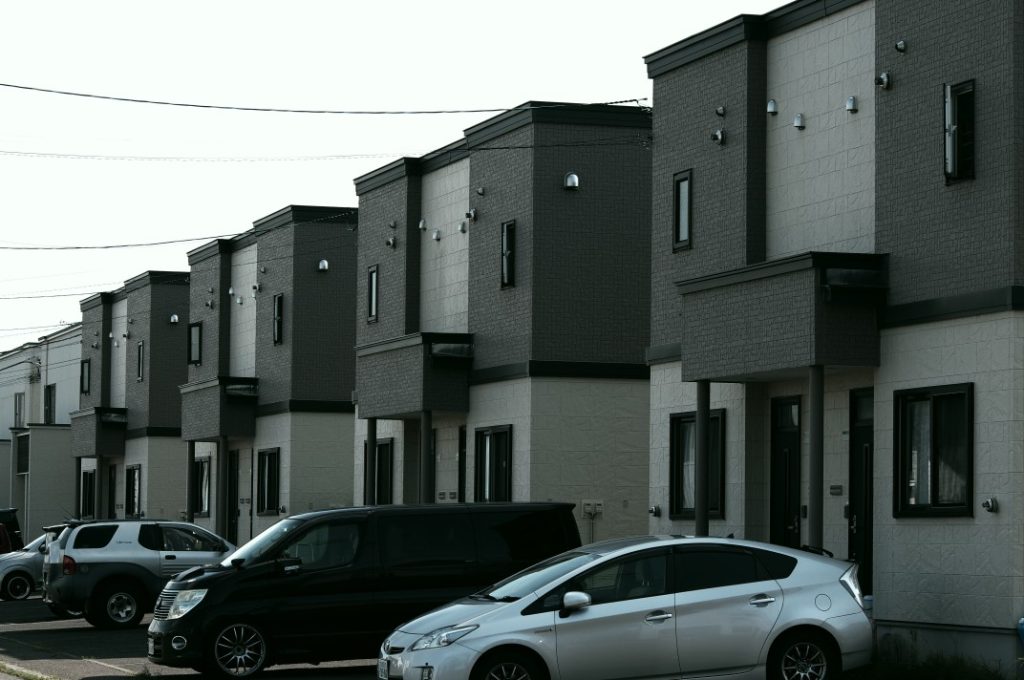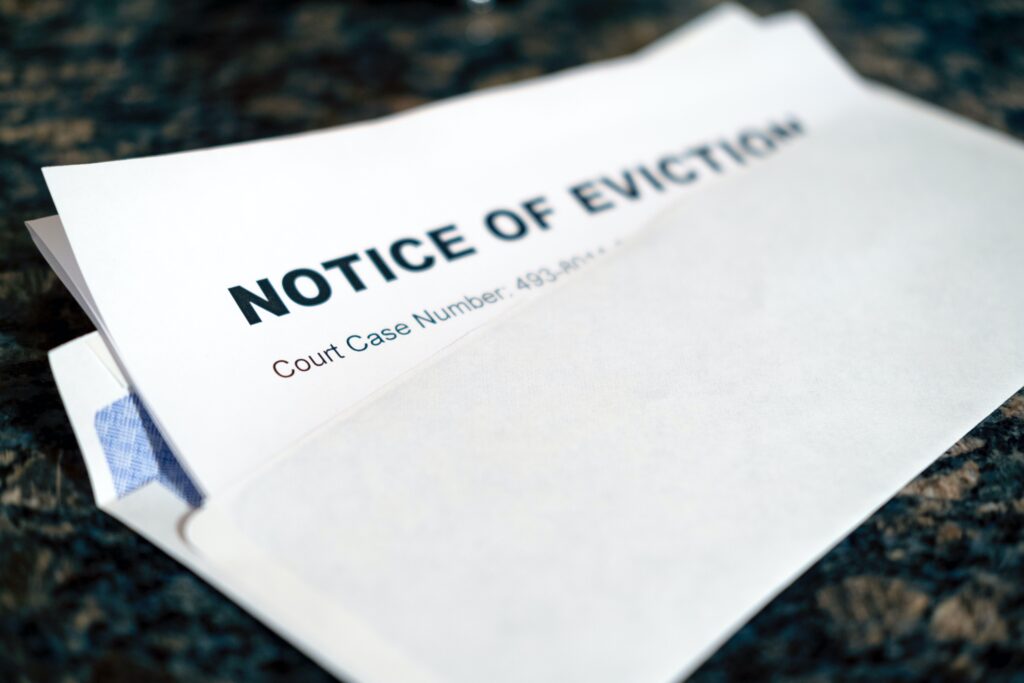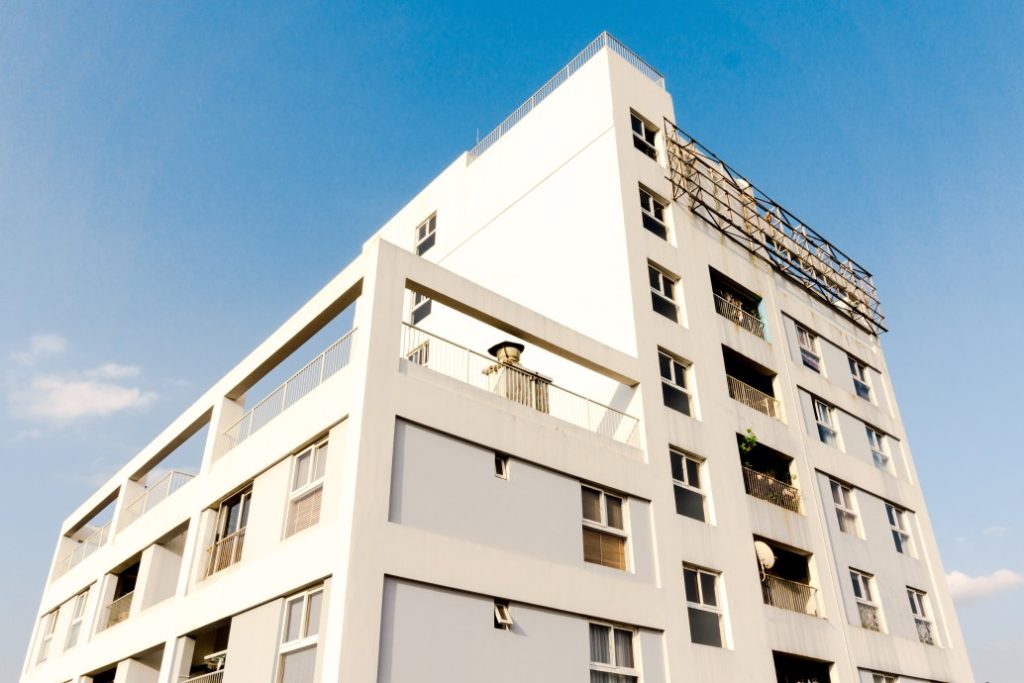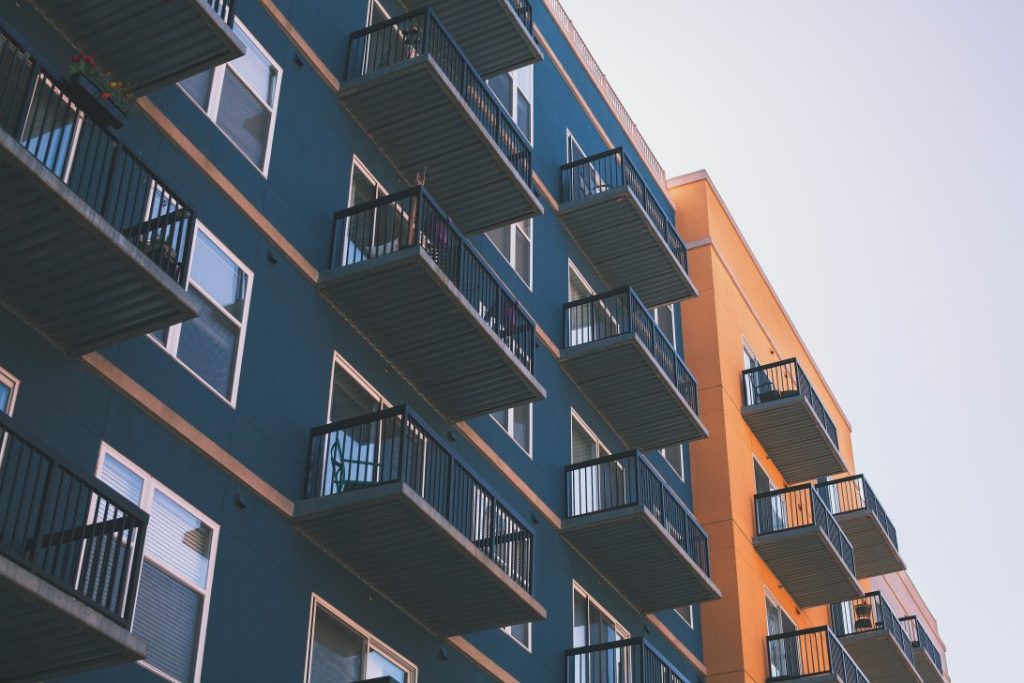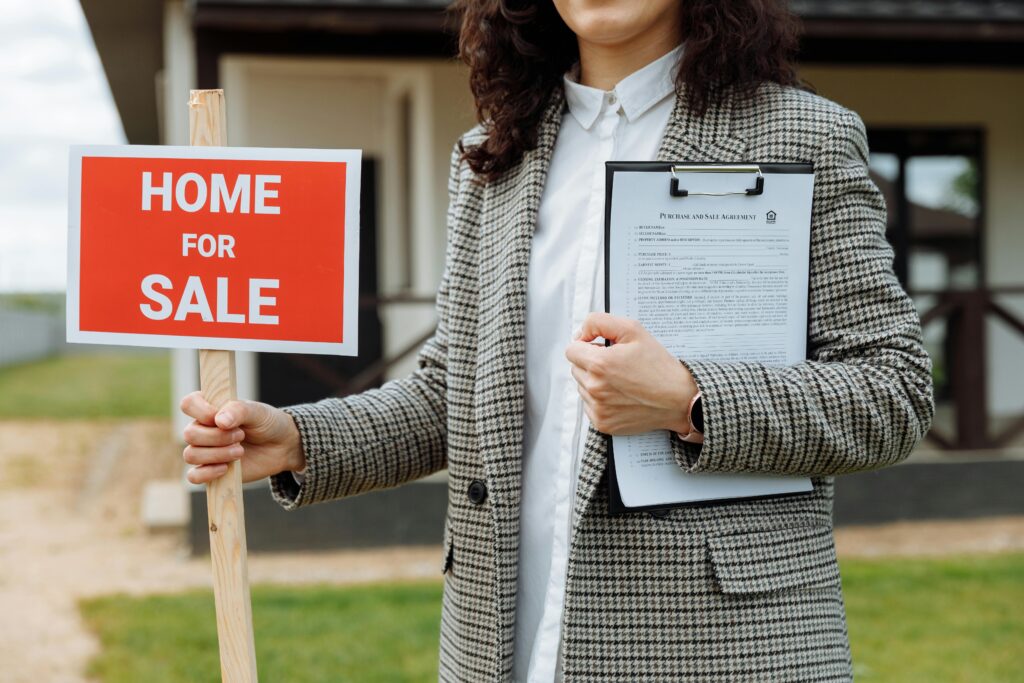It is no secret that London is the most expensive place to live in the UK. Houses in the capital are 350% more expensive than those in the North East. And now, the capital has been identified as the most expensive part of Britain to be a landlord, closely followed by the South East. The North East of England is unsurprisingly the cheapest.
In London, the average cost for a landlord without any mortgage and tax, including void periods, is some £6,535 a year, or 32% of rental income. The national average cost is just £3,632 per year for landlords, though this is still a large chunk of income, amounting to 34%.
Landlords in London get higher rents, which help offset some of the higher costs they face. In the South East, landlords spend an average of £3,691, or rather 37% of rental income, whilst those in the East of England spend an average of £3,212, equating to 35% of their income.
The average cost for a landlord in the North East of England is £1,895 per property per year, but due to rents being much lower, this still amounts to 34% of their rental income and more than the percentage in the capital. Second, in the North East, with the lowest average costs for landlords in Wales, landlords spend an average of £2,211, but again, low rents mean that this can equate to as much as 41% of their rental income.
The third cheapest region is the North West, landlords spend 33% of their income at £2,483.
Regarding local authorities, landlords in Blaenau Gwent, Wales, are met with the lowest running costs, averaging just £1,495. The 19 local authorities with the highest average costs are all found in London, and away from the capital, South Bucks in the South East heads the list with landlords spending an average of £6,078 per property.
With increasing tax burdens due to changes to the stamp duty tax alongside mortgage tax relief changes, many landlords are likely looking to cut costs and, as a result, are targeting property maintenance, mortgage costs, and letting agent fees. That said, it was found that one in five landlords are considering raising rents in a bid to recoup some of these costs from their tenants.
A total of one in five households in the UK live in rented accommodation. Thus, landlords play a key role in supporting the housing market. They help to bridge the gap between housing supply and demand for sure.
Taxes may appear to be a simple and go-to method to tackle the current housing crisis. However, any tax changes will have a ripple effect and undoubtedly impact businesses that continue to support the property industry as landlords apply the necessary cost-cutting measures. It may also cause rents to rise as tenants are used to covering the rising taxes, and in some cases, it can even trigger both scenarios.

